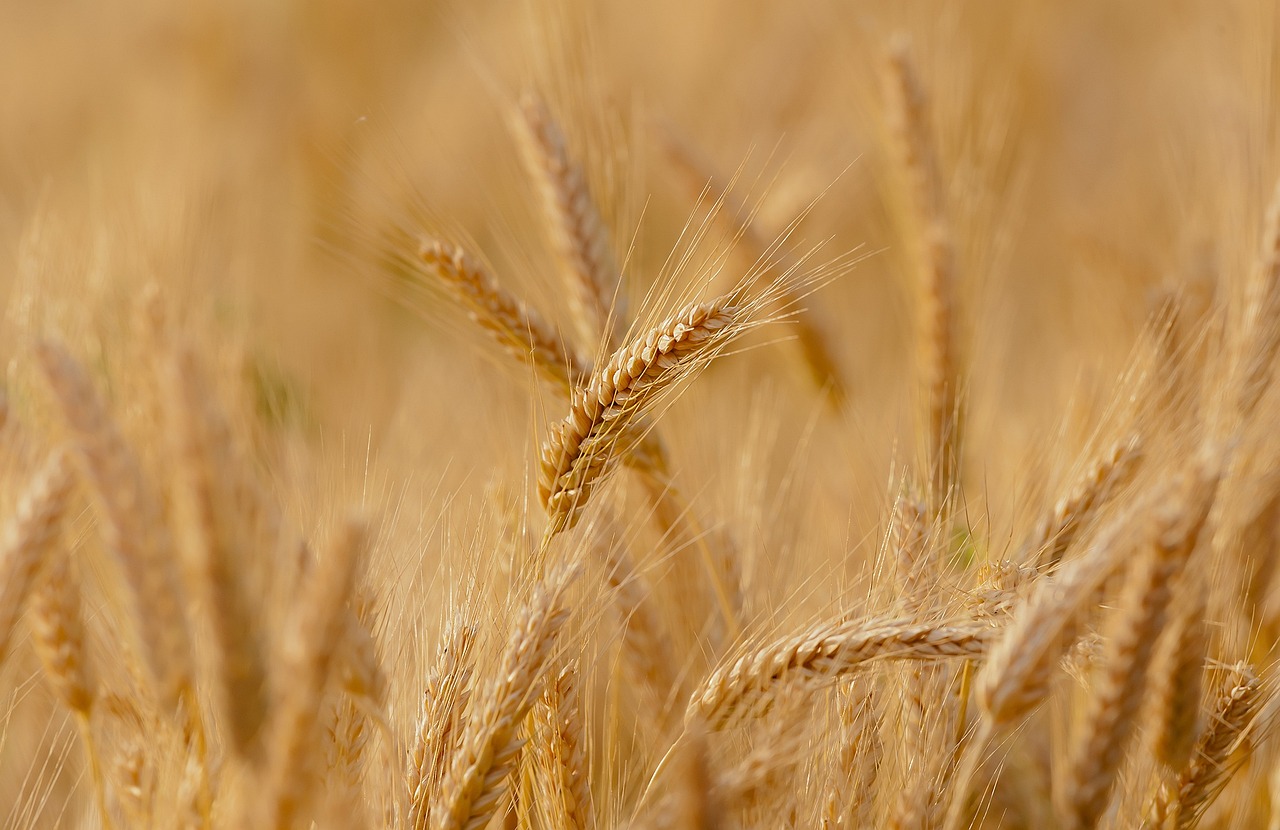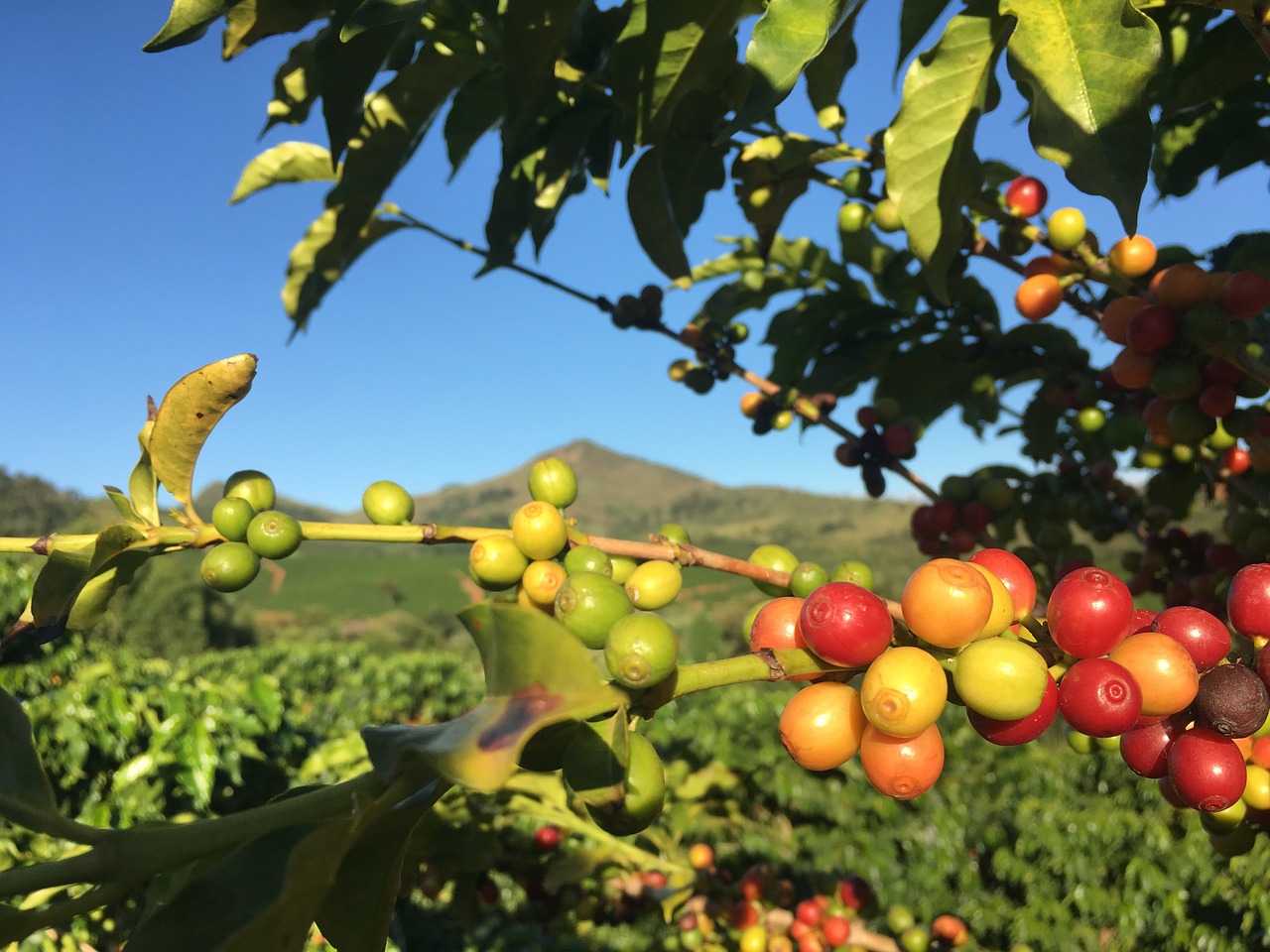This article delves into Brazil's journey towards sustainable agriculture and showcases innovative practices that have revolutionized the sector through data traceability, agribusiness technology, and farming advancements.
Brazil's agricultural sector has long been a key contributor to its economy. However, increasing pressure on natural resources, climate change, and global food security concerns prompted the country to seek innovative solutions. Here are some examples of innovative agricultural practices that have shaped Brazil's agribusiness landscape.
1. Data Traceability: Precision Agriculture Revolution
In recent years, Brazil has worked to strengthen data traceability in agriculture. Precision agriculture leverages data to optimize farming operations. It involves the collection of real-time data from various sources, including satellites, drones, and sensors, to make informed decisions at the field level.
One of the key applications of data traceability in Brazil's agriculture is the development of digital farm management platforms. These platforms provide farmers with valuable insights into crop health, soil conditions, and weather patterns. By integrating data traceability into their practices, Brazilian farmers can make precise decisions regarding irrigation, fertilization, and pest control, ultimately reducing resource wastage and boosting yields.

2. Agribusiness Technology: The Rise of AgTech Startups
Brazil's agribusiness technology has witnessed massive growth over the past few years. According to S&P Global Commodity Insights, “Brazil achieved a significant production increase with a minimal increase in agricultural area. Research and innovation made this possible. Seed technology, crop rotation, double cropping, cutting edge machinery and precision agriculture improve output and efficiency”; and AgTech startups are leading the charge by developing innovative solutions that address various challenges faced by farmers.
One notable example is the use of blockchain technology for supply chain transparency. Brazilian AgTech companies have created blockchain-based systems that enable consumers to trace the origin of their food products. This not only enhances consumer trust but also ensures fair compensation for farmers in the supply chain.
Additionally, AgTech has enabled the development of advanced machinery and automation systems. Brazil's agribusiness technology has given rise to autonomous tractors, drones for crop monitoring, and even robotic harvesters. These innovations not only improve efficiency but also reduce the environmental impact of farming.
3. A Shift Toward Sustainability
The adoption of innovative practices has changed Brazil's agricultural sector. One interesting approach involves tailoring farming practices to the specific needs and conditions of each field, rather than using a one-size-fits-all approach.
A notable practice in agriculture is precision planting. By using GPS-guided equipment, Brazilian farmers can precisely space and place seeds, optimizing plant growth and resource utilization. This not only increases yields but also reduces the environmental footprint of farming. Brazilian farmers are using advanced techniques to assess soil quality and apply tailored treatments, such as organic matter additions or pH adjustments, to improve soil fertility and long-term sustainability.

4. Farming Advancements: Sustainable Crop Management
Brazil has made significant strides in farming advancements that prioritize sustainability. Crop diversification is an increasingly popular practice that helps reduce soil degradation and the risk of pests and diseases.
The integration of cover crops in crop rotations has gained traction. These cover crops improve soil health, reduce erosion, and enhance nutrient cycling. They also contribute to increased carbon sequestration, supporting climate change mitigation.
Moreover, Brazil's farming advancements include the development of drought-resistant crop varieties. With climate change impacting rainfall patterns, these drought-tolerant crops help farmers adapt to changing conditions and ensure stable yields.
Conclusion
From data traceability and agribusiness technology to farming advancements, Brazil has harnessed innovation to improve its farming sector. As the country continues to invest in sustainable agriculture, it serves as an inspiration for the global farming community. The lessons learned from Brazil's experience underscore the importance of adapting to changing environmental conditions, embracing technology, and prioritizing sustainability in agriculture.
In a world facing the dual challenges of feeding a growing population while combating climate change, Brazil's agricultural practices offer a glimpse of what the future of farming could look like—a future where data-driven precision, technology integration, field-level customization, and sustainability coexist, ensuring food security and environmental preservation for generations to come.




